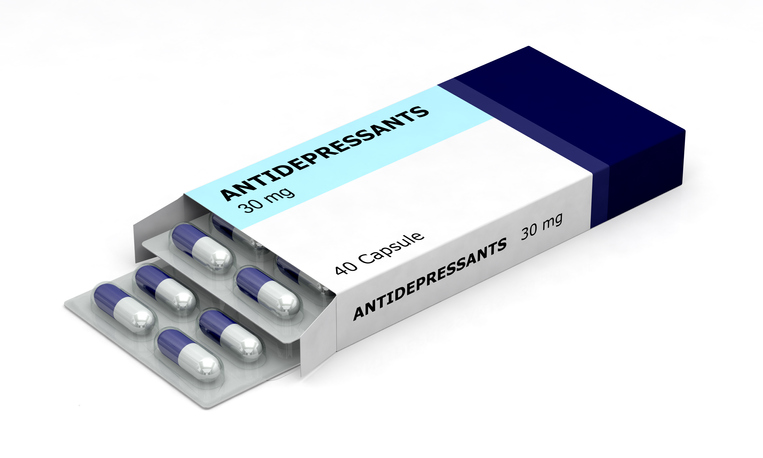Treatments
Nerve Blocks: Benefits vs. Risks

3 people found this helpful
Print
Share
Save
What are nerve block injections?
A nerve block injection is a procedure in which a local anesthetic is injected close to a specific nerve or bundle of nerves to help prevent or manage pain. It prevents the nerves from sending pain signals to the central nervous system (CNS).
Potential benefits
Nerve blocks can be an effective treatment for managing chronic (long-term) pain, post-surgical pain, or severe acute (short-term) pain. Potential benefits of nerve blocks include the following:
- Immediate pain relief or long-term pain relief
- Reduced irritation to the nerves, allowing the nerves to heal
- Improved functioning
Potential risks
Although nerve block injections are relatively safe, they do carry risks, including the following:
- Bleeding, bruising, tenderness or infection at the injection site
- Medication unexpectedly spilling into other areas of the body
- Needle misplacement (hitting a different nerve during the injection)
- Horner’s syndrome (decreased pupil size and drooping of the eyelid due to hitting a nerve between the brain and eye — usually temporary)
- Although extremely rare, an overdose or damage to nerves (usually temporary)
Potential side effects
Possible side effects of nerve block injections include, but are not limited to, the following:
- Elevated glucose levels
- Skin rash
- Itching
- Weight gain
- Injection site soreness
- Bleeding
- Increased energy
- Death (in very rare cases)


















